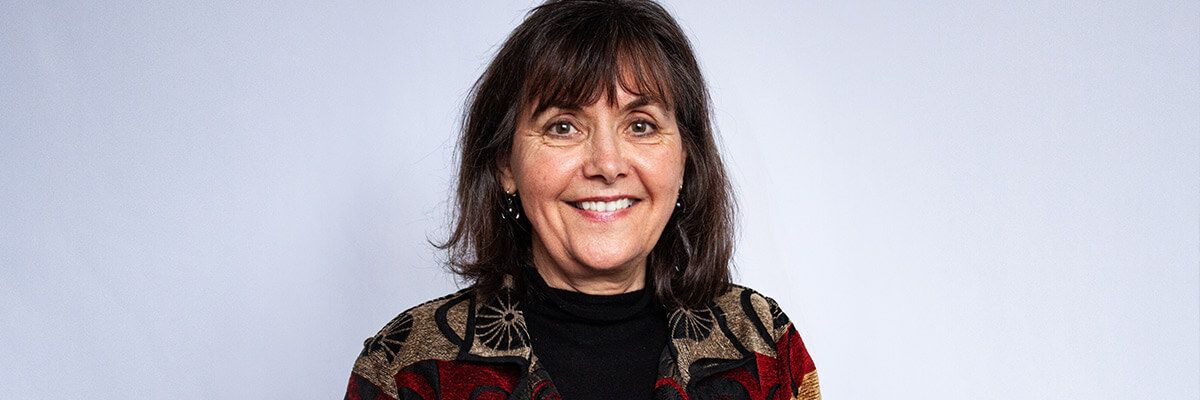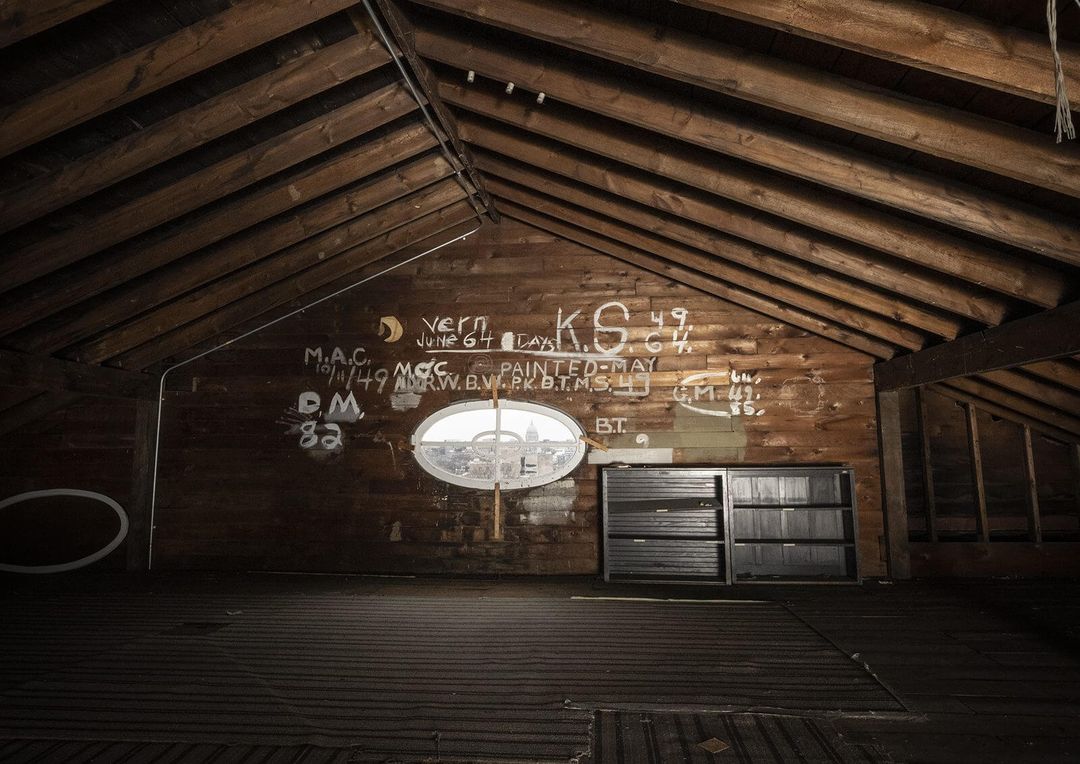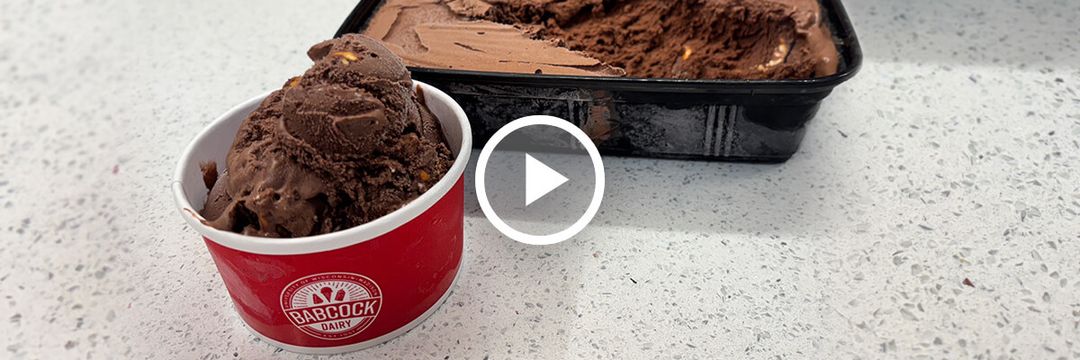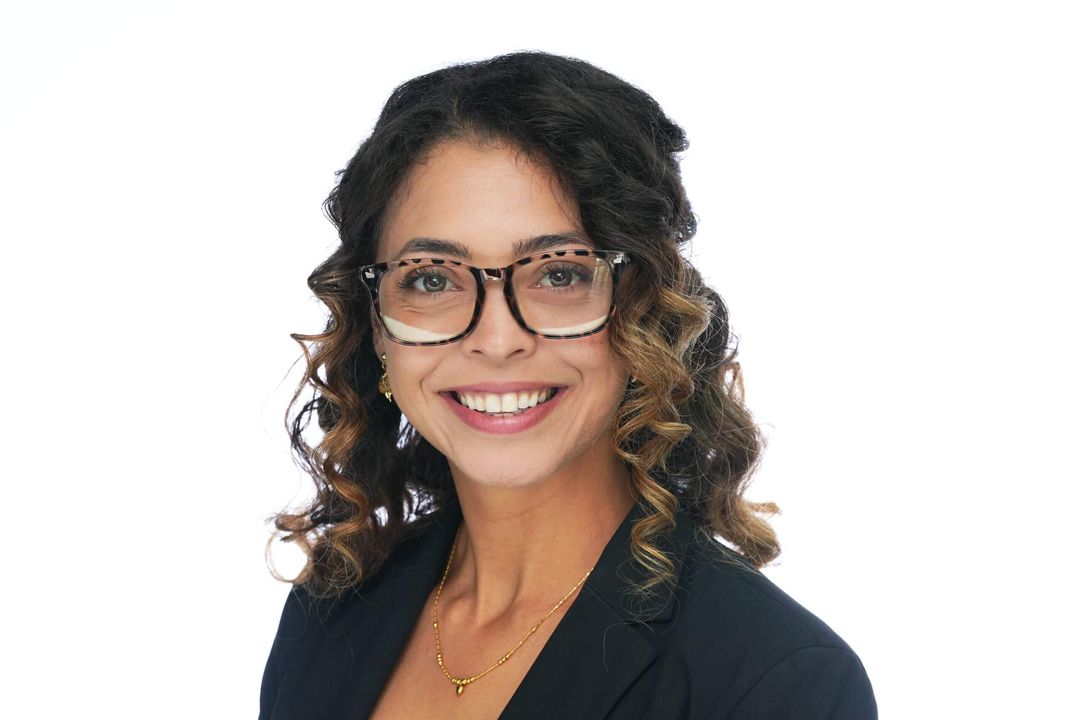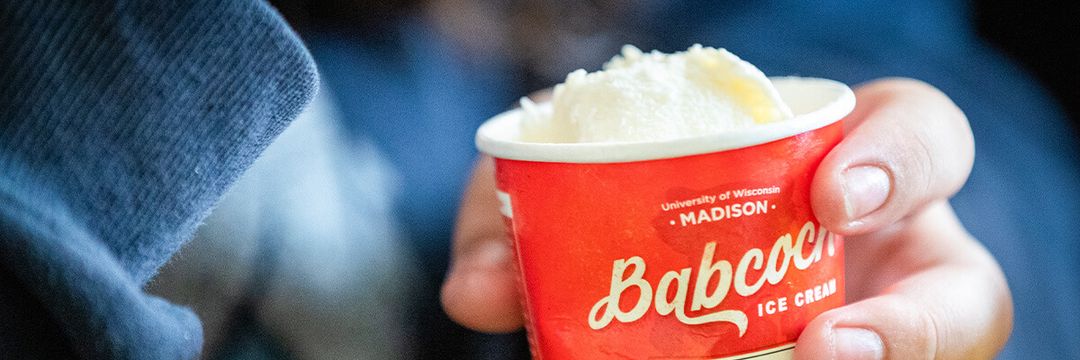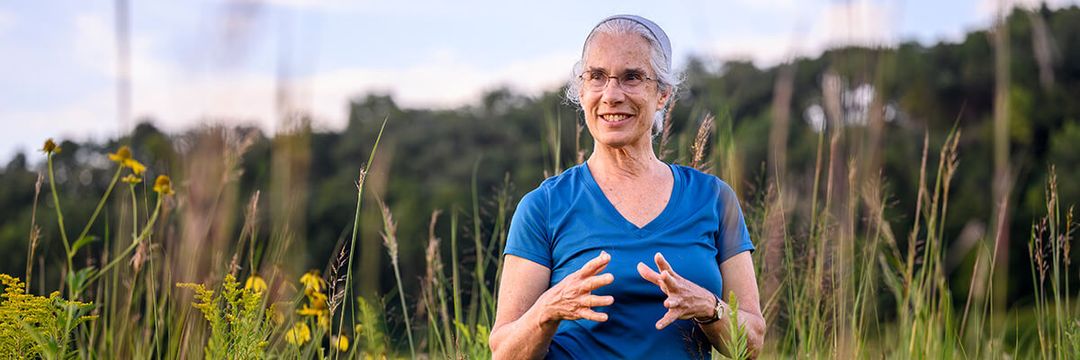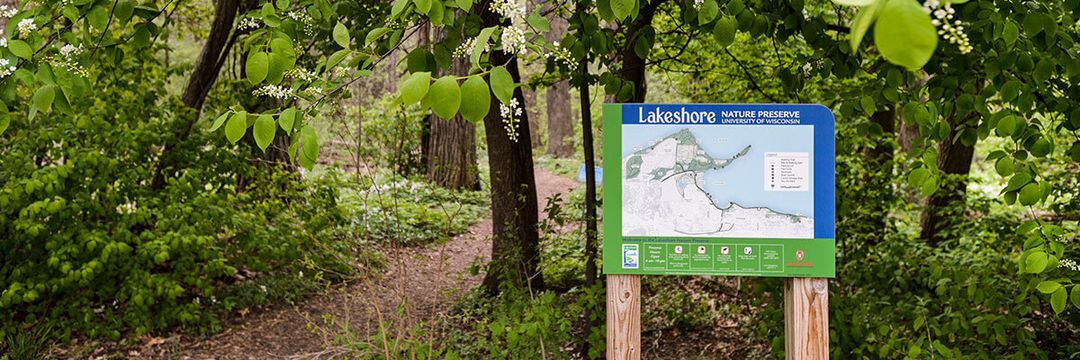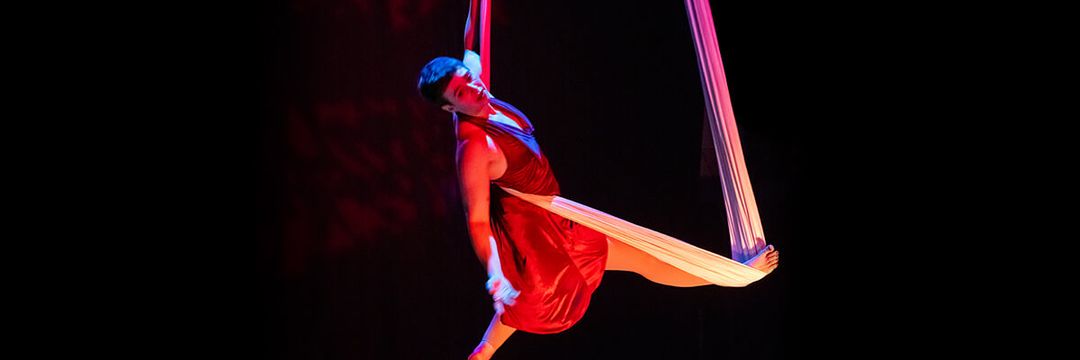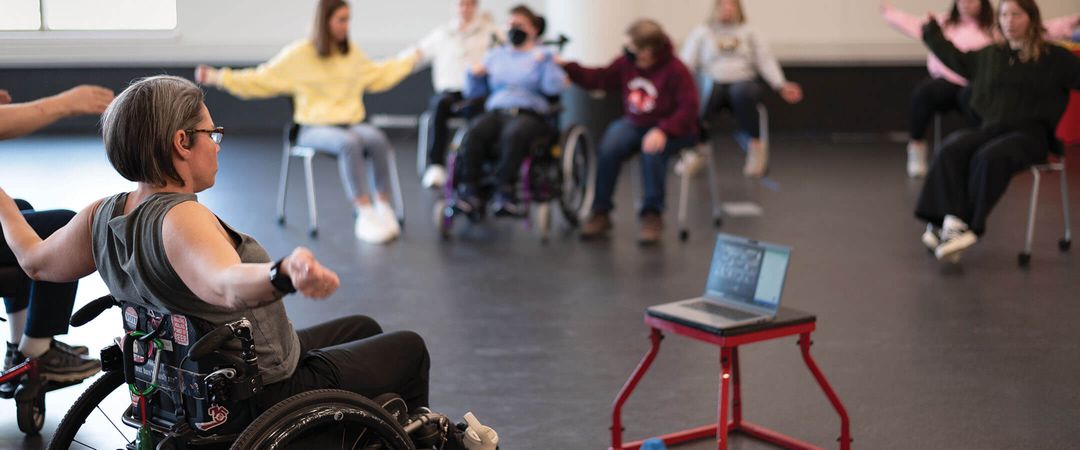When Erla Heyns was growing up, she watched her father, a lawyer and voracious reader, go to the public library every week, check out three books, and read each one from the comfort of his chair. She and her siblings inherited the bookworm gene, and she passed it along to her daughters, to whom she read from the time they were born until they were reading books on their own. As young adults, they participated in mother-daughter book clubs, bonding over shared stories and meals. Books, one might say, are in the family’s blood.
This is a good trait for a person tasked with leading a library — or, in Heyns’s case, all of them, as she begins her tenure as the UW’s new dean and vice provost of libraries. She previously worked in the libraries of Indiana University, Cornell, and, most recently, Purdue.
“The library has its own unique culture that I think people feel attracted to and where they feel safe and held,” Heyns says.
This is especially true under Heyns’s administrative approach, which stems from her expertise in leadership and mentoring. (Her family’s intergenerational love of reading, after all, was learned by example.) At the UW, she hopes to pair two of her skills: a proficiency in equipping students and scholars with the knowledge they need to succeed, and a passion for training mentors so that they can guide others toward success.
“It really comes from a personal passion to advance and support the people that report to me and the organizations that I’m responsible for,” Heyns says. “I take a keen interest in people’s career paths and interests. I want to get to know them and find ways to support their goals.”
When she’s not mentoring individuals to maximize collective success (no small task, especially at the caliber of institutions on her résumé), Heyns takes pleasure in the simple things: walking state parks, baking bread, and, of course, reading. Here, she shares a few of the titles that have captured her interest recently.
How Minds Change: The Surprising Science of Belief, Opinion, and Persuasion by David McRaney
It’s the [2023–24 Go Big Read], so I’ve got that in my pile to start reading.
Robot Visions by Isaac Asimov
I have a memory of my father sitting in the chair and reading, always reading. I would love to know what he read. I wish I had a reading list because he died many years ago, so I don’t know what he read exactly … but I know that he enjoyed Isaac Asimov’s work. I just picked up Robot Visions and thought, “I’m going to read this and kind of see what my father experienced in reading this.”
A Good Job: Campus Employment as a High-Impact Practice by George S. McClellan, Kristina L. Creager, and Marianna Savoca
[This book is] about internships, student jobs, and creating a mechanism where students can actually get course credit for an internship. … The reason it’s exciting to me is because I’ve often thought [that] libraries employ a lot of students, but I don’t think we’ve fully optimized the learning opportunity that a student can have by working in the library. Some students have the opportunity to learn how to search the card catalog or other resources really well. Some of them might just be shelving books, and they know where the books go and how they’re organized, but they don’t really have the bigger picture of the organization that they’re working in, so they’re not really leaving there with that fuller understanding of the discipline of library science and what happens in an academic library.
Bittman Bread: No-Knead Whole-Grain Baking for Every Day by Mark Bittman and Kerri Conan
I’ve learned to make sourdough bread, and a friend of mine gave me a sourdough starter, so for the last few months I’ve been making sourdough. … . I’m actually making my sourdough bread as we are talking. I have to put the salt in when we’re done here.
Breath: The New Science of a Lost Art by James Nestor
The book that really struck me and [that] I thought was totally fascinating was a book called Breath by James Nestor. He’s an investigative reporter, and he talks about breathing and the impact on dental health and respiratory health. From there, I have read the work of some other people he referenced and the programs that he talks about.
Garth Nix’s Old Kingdom Series
My younger daughter, who’s probably the one who reads the most in our extended family, introduced me to some young adult series. I read Garth Nix’s series — Sabriel, Lirael, Clariel, and there are several others — and it was totally fascinating. I loved it. When my kids were growing up and I was reading to them, we read Philip Pullman’s series His Dark Materials, and I loved that, too. At some point, we started listening to it when we were driving on vacation, different actors were reading, so every character had its own actor, and it was incredibly well done. We were all mesmerized by this series, and then years later, my daughter said, “Mom, I really think you’ll like Garth Nix’s work,” so now I’m really into young adult fiction. The other series I haven’t quite finished is Sarah J. Maas’s Throne of Glass series.
The Overstory by Richard Powers
This is a really this fascinating book about trees. There are short stories of people and their interaction and relationship with trees. Then, in subsequent sections of the book, these characters meet, and things happen.
